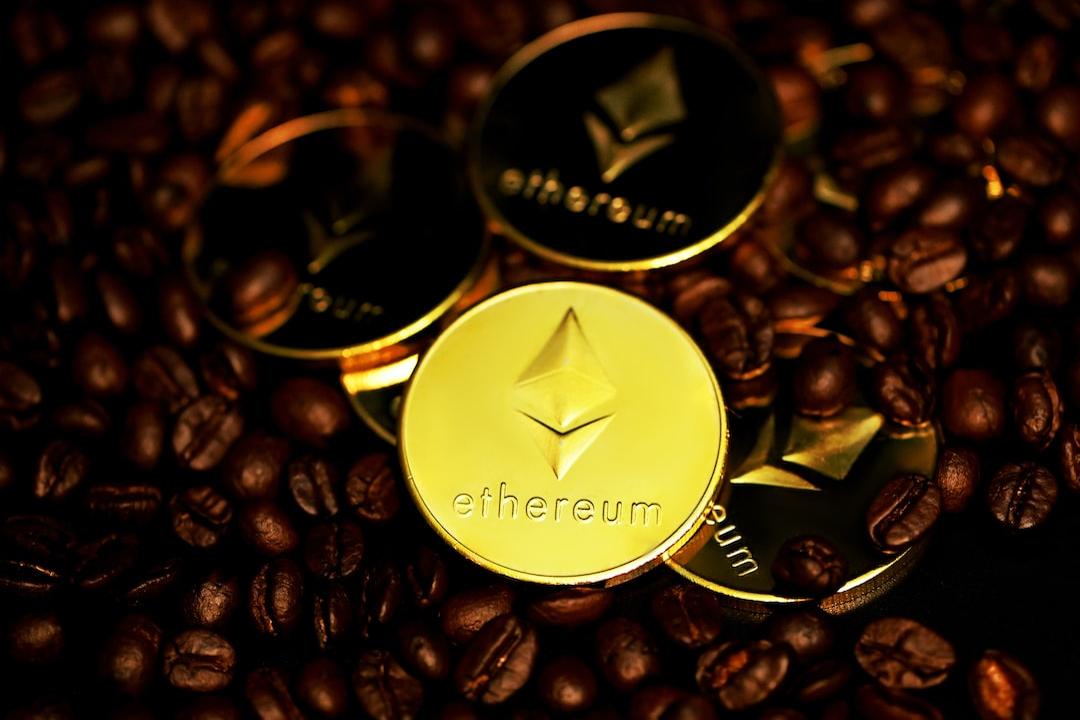The Japanese stock market reached a new 34-year high today (13th), closely tied to the development of the AI industry.
Background:
Sam Altman raises $7 trillion to build ten semiconductor factories, entrusting TSMC with production management.
After the holiday for National Foundation Day on Monday, the Japanese stock market resumed trading today. The Nikkei index briefly surpassed 38,000 points during the trading session, reaching a high not seen in nearly 34 years. It closed at 37,963.97 points, a significant increase of 2.9%. While the general interpretation is that it benefited from the rise in the Dow Jones in the US, as well as the weakening of the yen against the US dollar, many analysts state that the semiconductor and AI waves are the biggest contributors to the rise in Japanese stocks.
Support from AI industry leaders
In addition to the outstanding performance of Tokyo Electron, a semiconductor equipment manufacturer, which saw a 13% increase, the Japanese stock market also directly benefited from ARM, a US semiconductor company. ARM has seen a strong surge in its stock price, almost doubling since its quarterly financial report release on February 8th. ARM stated that its latest instruction set can generate licensing fees twice that of previous versions, with an expected 15% increase in total licensing fee revenue in the future. This proves that ARM can effectively expand its market profits in the face of the significant demand for AI.
The biggest beneficiary of ARM’s success is SoftBank, the largest shareholder, whose stock price has increased by nearly 30% over the past three trading days. However, besides ARM, the major players influencing the US and Japanese stock markets in terms of AI are NVIDIA and TSMC, who possess the dominant power in AI basic chip production.
Jensen Huang’s influence on the AI industry
With NVIDIA briefly surpassing Amazon and temporarily becoming the fourth-largest company in the US by market value during Monday’s trading session, it reflects the strong market demand for AI chips. NVIDIA’s closing price reached $722.48 per share, with a market value of approximately $1.78 trillion. But the most influential figure in NVIDIA, Jensen Huang, has been continuously making public statements that make him seem like a prophet of AI demand, sparking investors’ imagination.
Firstly, Huang pointed out that OpenAI CEO Sam Altman is seeking investors in the Middle East to raise $7 trillion to establish chip factories worldwide. It was later reported that TSMC accepted the commission to manage and utilize advanced processes to manufacture AI computing chips, addressing the global shortage of computing power.
Further reading:
Sam Altman raises $7 trillion to build ten semiconductor factories, entrusting TSMC with production management.

Source: Live broadcast from the Dubai World Government Summit
As soon as this news dropped, Huang Renxun announced at the World Government Summit held in Dubai on the 12th that the endless pursuit of AI chips will eventually be restricted. He then called on world leaders that the localization of AI is unstoppable.
Currently, it seems that Huang Renxun has given a friendly greeting to OpenAI, the challenger in the AI chip market, as OpenAI enters the chip supply chain. The opponents blocking their path could be all chip design and production companies in the market. Huang Renxun also gave a reminder to TSMC, the world’s leading contract chip manufacturer, and Samsung Electronics that cooperation is needed in the AI market, but they are also respectable competitors.

Related Reports


